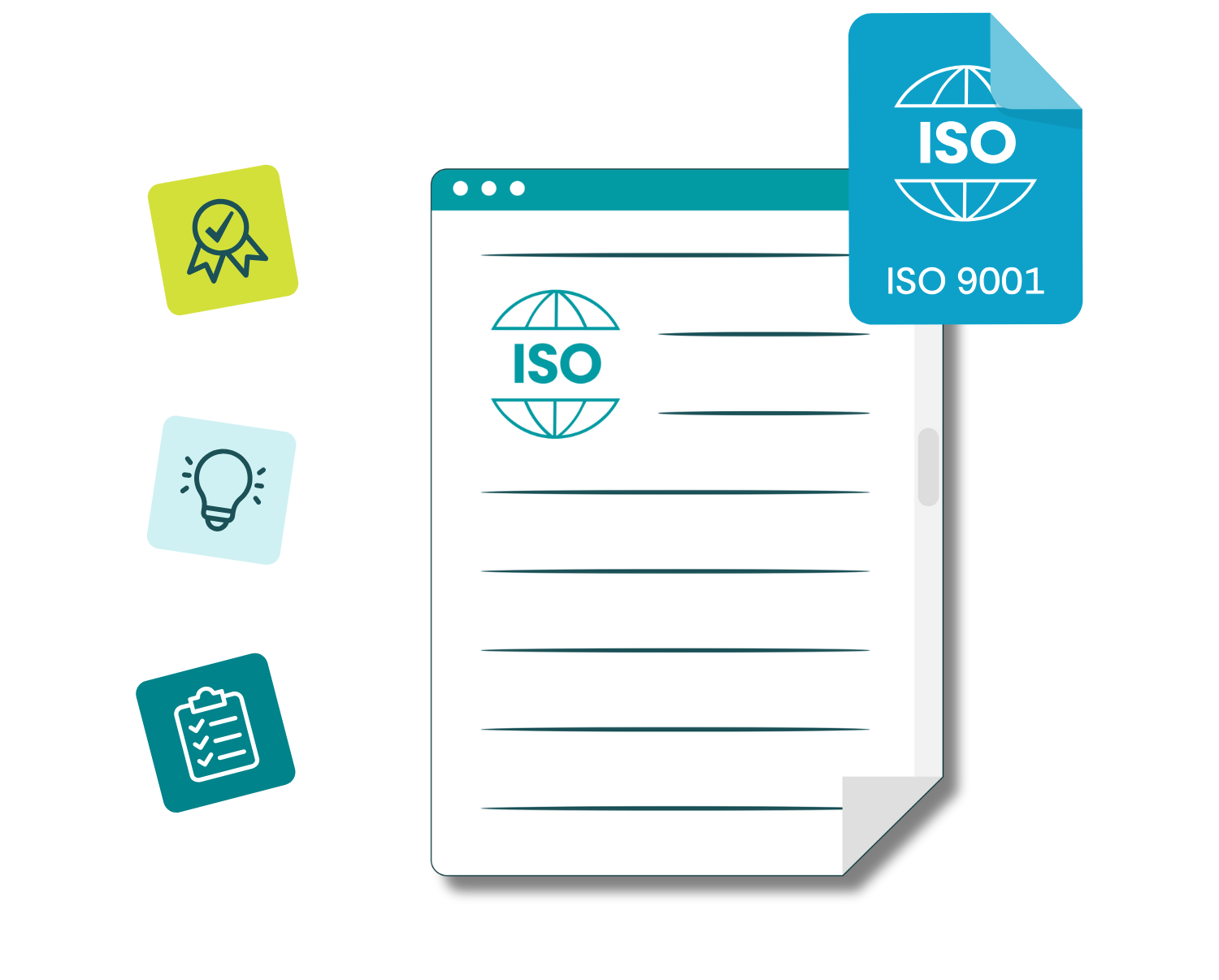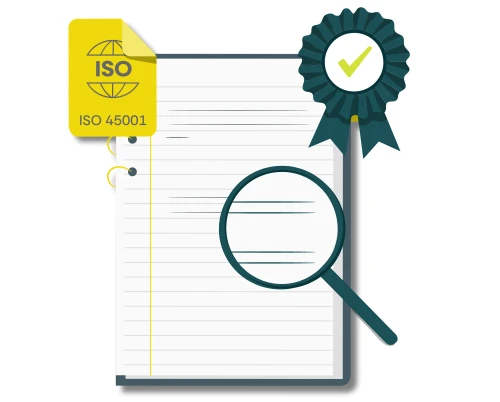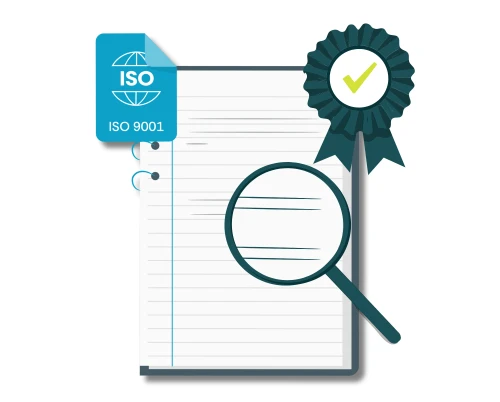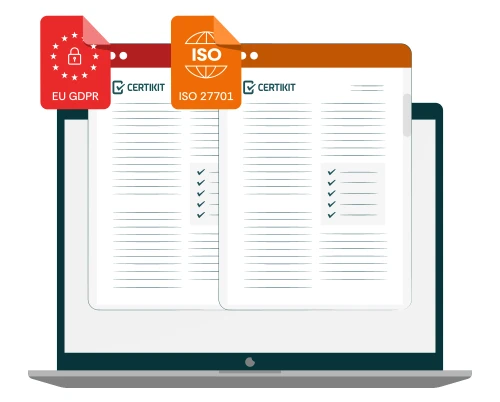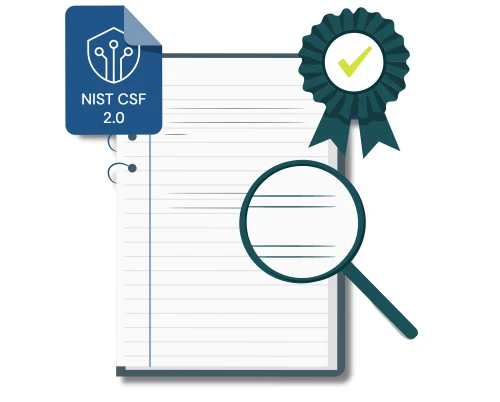When implementing a Quality Management System (QMS) that complies with ISO9001, one of the items that must be available as “documented information” (that is, written down) is the quality policy. This is a document that is pretty central to your QMS and your organisation is unlikely to get certified if you don’t have one.
But what is a quality policy, why is it important and what should it contain?
What is a Quality Policy?
Put simply, it’s a document that sets out top management’s intention and direction with regard to how quality will be achieved within the organisation. It’s a required document in ISO9001 and must be made widely available to all interested parties, often by including it on a website.
Quality policies can vary in length; some organisations prefer a brief summary covering the main points, whereas others like to expand its scope to set out more detail of how the concept of quality is embedded in all aspects of its operations.
Why is a Quality Policy important?
Producing and communicating the quality policy has the effect of demonstrating the organisation’s commitment to doing things correctly, including meeting customer needs, managing risk and opportunity, leading and engaging with its employees and interested parties, and always pushing for improvement.
The quality policy is often used as the headline document that declares the organisation’s good intentions to the world and sets the direction for everything below it. As such, it’s important to spend some time to get it right and ensure that it has top management’s full support.
What must the Quality Policy contain?
Before we get into what a quality policy could include, there are a few requirements that the ISO9001 standard insists it must meet, and these are given in Clause 5.2.1 establishing the quality policy.
First, it should make sense in terms of the overall context and strategic direction of the organisation. So if the company is rapidly expanding internationally, the quality policy shouldn’t refer only to the main country of operation, or if a product company is going big on services, this should be reflected in the way the policy is written, and the areas it covers.
Second, the quality policy should describe how quality objectives are set within the QMS. Objectives are defined measures of what is intended to be achieved. This could include who sets them, when and in what areas.
Lastly, commitments by top management to satisfying applicable requirements and to continual improvement of the QMS must be made, and these can be simple policy statements to that effect.
What else could be included?
Once you’ve stated the required elements of the policy, it’s really up to you what else you include. It’s worth keeping in mind the points of view of your various interested parties – what would they like to see in the policy that would please and reassure them about buying from, working for, or dealing with your organisation?
This thought process often leads to additional statements in areas such as the following:
The desire to achieve customer satisfaction
Minimisation of risks within the business
Being a great place to work
Communicating effectively with interested parties
Complying with legislative, contractual and regulatory requirements
Establishing a culture of quality within the organisation
Leadership and training for employees to understand their role in the delivery of quality products and services
Providing adequate resources for the quality management system
How internal audits and management reviews will help to monitor the QMS
An indication of how amendments to the policy are made and controlled is often a good idea too. Once written and approved, it is common to have the quality policy signed by the person at the top of the organisation, such as the CEO, to emphasise leadership and commitment to quality.
Final thoughts
As well as being a requirement of the ISO9001 standard, the quality policy is an opportunity for the top management of the organisation to set the stage for their QMS and send a message to customers, employees and suppliers alike that they mean business. Everyone likes to deal with an organisation that really wants to improve, and the quality policy should represent a manifesto for the future. The challenge after it has been published is to genuinely live up to the promises it makes, and make quality a priority.
Looking for more help? CertiKit's ISO9001 Toolkit includes a comprehensive set of template documents and guides, including a template for the Quality Policy.

